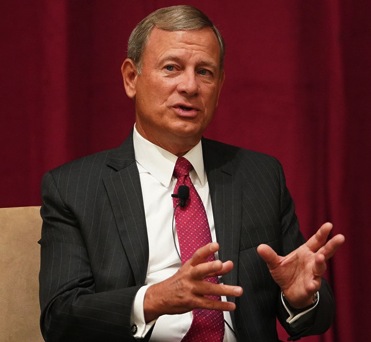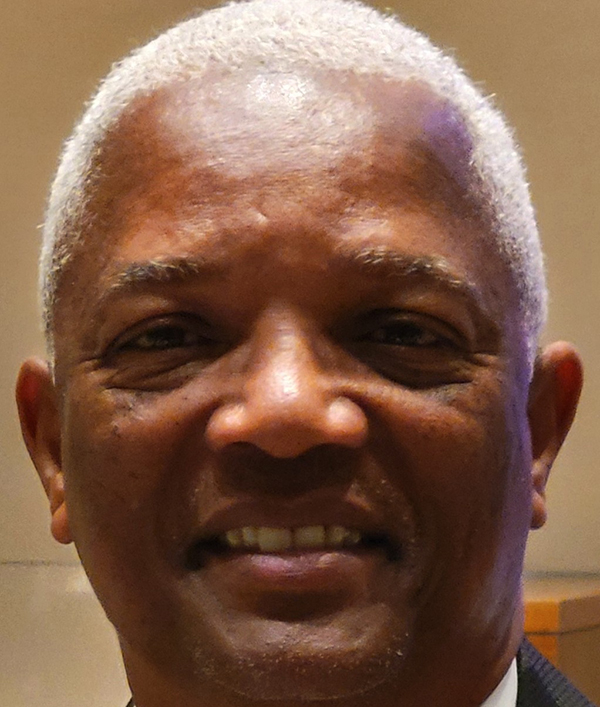THE HUTCHINSON REPORT
By Earl Ofari Hutchinson
Contributing Columnist
There’s nothing new about the term critical race theory. The term goes back almost four decades.
Then, a handful of Black scholars and writers came up with the term that for decades had simply been called battling racism. The reaction at first was no reaction.
It seemed a puzzling, overloaded and very academic term that was subject to just about any meaning and interpretation. That changed when Donald Trump was elected president in 2016.
He publicly demanded a cease and desist to any school district and/or teacher that dared stuff students with what he branded “left-wing indoctrination.” In plain English, he meant any mention of the pernicious history of racial bias in America.
Trump railed that this fanned the very racism that America had supposedly long gotten past. Worse, it scapegoated whites as the perennial bad guys for all of America’s racial sins.
Trump followed his diatribe with an executive order that virtually wiped out any diversity training for federal employees.
Trump’s defeat in 2020 ramped up the right-wing assault on the teaching of critical race theory. A pack of conservative writers, academics, bloggers, politicians, and especially the Fox Network screamed loud and long that critical race theory was a new, sneaky, insidious plot to indoctrinate, rearrange, distort and twist history and malign whites as the fount of all racial evil.
Republican-controlled state legislatures quickly took the cue. The backlash has gained furious steam. According to an Education Week survey, two dozen states have introduced bills or taken steps to restrict teaching critical race theory or limit how teachers can discuss racism and sexism.
Seventeen of those state bills lifted language straight out of the Trump executive order to try to ban anything that remotely smacked of critical race theory teaching.
Teach about the brutality of slavery and the century of Jim Crow legal segregation brutal; teach about the pillage of Native American lands and culture, teach about the exploitation of Mexican farmworkers; teach about the quasi colonization of Puerto Rico; and any other factual historical occurrence and one risks being called on the carpet by cowered school administrations for indoctrinating students on racial and social injustice issues.
The great fear of the conservative attackers, though, is not that teaching about America’s past and present history of racial and social injustice will poison the minds of minority students but that that it could seep into curriculums and presentations to influence a lot of white students.
That could have a far-reaching political consequence in that it could decrease the generational racial polarization that the GOP banks on to maintain political power and control in a nation that is on the verge of becoming an ethnic minority-majority nation.
The study of race and racism is not just a mere academic exercise. It’s a crucial body of scholarly work that has established a direct connection between political power, social organization and language.
It has influenced wide fields within education and been the basis of countless court decisions, state and federal laws, and local ordinances that have attacked and provided remedies for racial inequities.
The 1954 Brown versus Board of Education decision is a classic example of how studies on the damaging impact of racial segregation on school children can play a huge role in law. The studies helped sway a few doubting and reluctant Supreme Court justices on the need to outlaw school segregation.
The wide body of race studies has been a staple in fields such as the humanities, the social sciences and teacher education.
The counter attackers understand this. The Heritage Foundation is always on the point in providing the intellectual, legal and financial muscle to counter so called liberal and racial policy issues. It has churned out a set of counter position papers that cite 2020 Black Lives Matter protests, LGBTQ clubs in schools, diversity training in federal agencies and organizations, and California’s ethnic studies model curriculum, to name a few as supposedly the product of activists and teachers instilling Blacks, Hispanics, gays and young people with the evil white’s brainwash.
The counterattack against critical race theory uses the same game plan used to oppose or roll back every past civil rights act, voting rights act and affirmative action plans. Indeed, anything in law and public policy that even smacks of race is always under conservative fire. Critical race theory opponents have latched onto, and shamelessly mangled, the color-blind mythology that any talk of racial bigotry and bias and its continued devastating impact on American society is racism.
That deft turn the tables has made legions of school districts wary about touching the forbidden subject in any way.
Supreme Court Chief Justice John Roberts, a sworn enemy of using race in any form to shape law and public policy, in his opinion in a 2007 case on school assignment on whether race could be a factor in maintaining diversity in K-12 schools was blunt.
“The way to stop discrimination on the basis of race is to stop discriminating on the basis of race,” he wrote. Critical race theory is exactly the discrimination that Roberts and the attackers have in mind. They are determined to purge it from any and every classroom in America.
Earl Ofari Hutchinson is an author and political analyst. His latest book is “Bring Back the Poll Tax!-The GOP War Against Voting Rights” (Middle Passage Press). He is the host of the weekly Hutchinson Report on KPFK 90.7 FM Los Angeles and the Pacifica Network.










